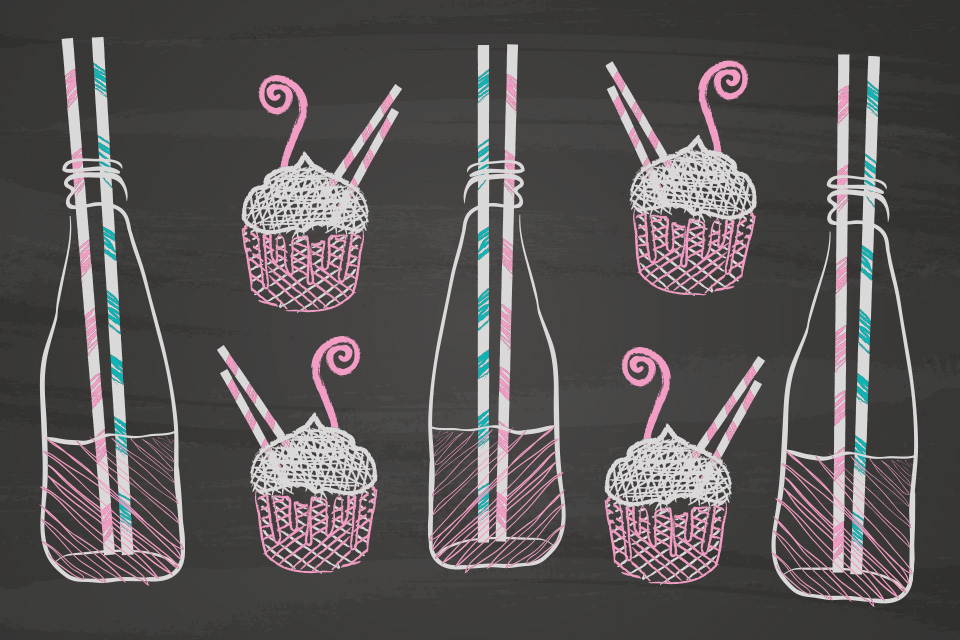How to Overcome Addictive Patterns

In our quest for ultimate health and vitality, it is inevitable that we’ll encounter behavioral roadblocks that threaten to sabotage our end goal. Old patterns and negative behaviors are bound to surface as we navigate new health paths. The good news: once we train the neural pathways of the brain, addictive patterns can be healed.
There is a simple habit loop that forms in the brain, and this loop is what reinforces all behaviors. It begins with a trigger. This “trigger” tells the brain to engage in a behavior. That “behavior” then provides us with a reward. It is this reward that solidifies a new neural pathway. With time, this behavior becomes ingrained, effortless, and perhaps even subconscious.
This loop is actually very helpful and has evolved as a way for us to save time and energy. Think about the times when you have driven to work and arrived at your destination wondering how it was you even got there. Turns out that habits can save energy, as you were using your brainpower for something else while you were driving. The problem is that the brain cannot tell the difference between a good and a bad habit. For instance, if stress triggers the behavior of late night eating and the reward is a sense of calm, then that addictive pattern will solidify, despite there being a delayed consequence (i.e. weight gain).
The key to overcoming addictive patterns is to change the behavior itself while making sure that the new behavior is providing you the with the same reward. This process of re-patterning will not work if the reward becomes altered. For instance, if instead of eating late at night, you take a bath and it does not calm you in the way that food did, this new habit will not stick.
The problem with our current attempt at changing habits is that most of us try to use willpower. Willpower removes the reward but does nothing else to retrain or change the behavior; therefore, it is only a matter of time before it fails. Eventually the trigger will become too strong, and the old behavior will rear its ugly head again
Plug your addictive patterns into this formula:
Trigger –> Behavior –> Reward
Make a list filled with positive behaviors that will provide you with the same reward as the old behaviors did. Do not be scared of failure. It takes time to find a positive behavior that will be as rewarding as the old and start to solidify a new neural pathway.
The most important thing to understand and accept about the process of overcoming addictive patterns is that, along with your desire for a different outcome, you have to be willing to shift your perspective—your current way of thinking. If you have an addictive pattern that you believe is stopping you from living your best, most healthiest life, but you also feel very connected to it and still enjoy certain aspects of the reward it provides, don’t rush the process.
Start witnessing, without judgment, how this habit manifests in your day-to-day life. What triggers the behavior? What is the reward of acting out on the behavior? Consider the long-term consequences of this habit, of these addictive patterns, and reflect on what is holding you back from making a positive change. Only through personal awareness and gentle and kind self-evaluation will you arrive at a place of true desire for a new and positive pattern, and a new and more positive you.






